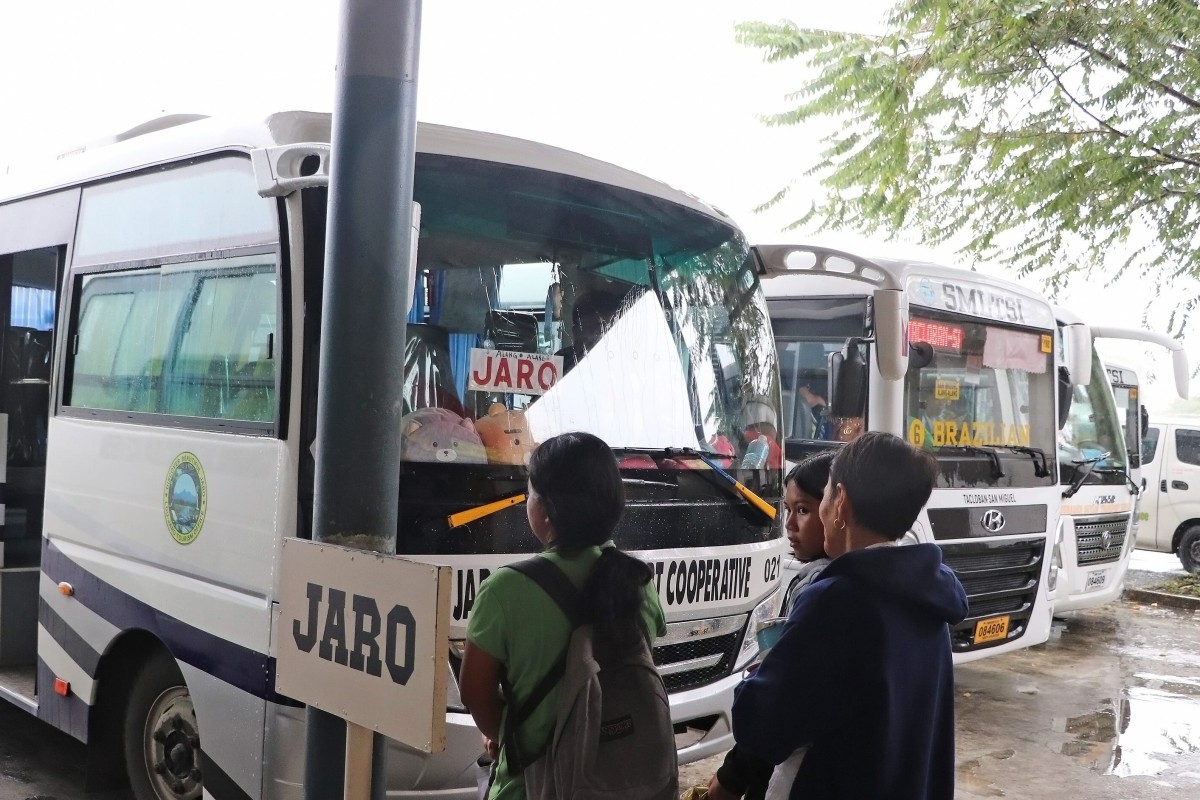Transport groups in Eastern Visayas have experienced tangible benefits through the Public Utility Vehicle Modernization Program (PUVMP).
Empowered by various support mechanisms, including financial assistance and technical training, these groups have upgraded their fleets to meet the program's standards. The region's commuters are reaping the benefits of modern transportation, including smoother rides, reduced emissions, and enhanced safety features.
According to Land Transportation Franchising and Regulatory Board (LTFRB) Regional Director Gualberto N. Gualberto, the PUV modernization program has been successful, with a consolidation rate of over 90 percent as of January 2024. The local officials have strongly supported the program, and operators have responded positively to its benefits.


‘We are not alone’
Ben C. Cañete, the chairperson of the Babatngon Transport Cooperative (BATRANSCO), has observed a more organized approach towards monthly salaries and benefits, as the cooperative has been operating modernized vehicles for the past two years.
The cooperative has provided stable employment to all 47 transport workers, according to Cañete. They received certificates of good standing from the Land Bank of the Philippines and the Office of Transportation Cooperative in Manila, including one from the Cooperative Development Authority for compliance.
“Malaki ang pasasalamat namin dahil sa implementasyon na ito, ang modernization ay fully supported ng iba’t-ibang opisina ng gobyerno,” Cañete expressed gratitude to the government for not leaving them alone during the implementation.
[We are very grateful that with this implementation, several government offices have extended their full support towards modernization.]
He mentioned that the LTFRB, Land Transportation Office (LTO), Cooperative Development Authority (CDA), and the local government units of Babatngon and Tacloban City assisted them in operating their cooperative under the PUV modernization program.
He added that a cooperative can significantly impact more than those who operate vehicles independently. Members of the cooperative are provided with stable jobs and can operate efficiently with the knowledge they have gained from the Cooperative Education and Transport Operation seminar.
Our point of view about ‘modernized’
Mervin D. Llego, the general manager of Central Tacloban Transport Cooperative (CENTRANCO), shared that their cooperative operates 18 consolidated units. They have availed themselves of the six-month moratorium payment and fuel subsidy, including the government's 'libreng sakay' (free ride) service contracting program, which paid them directly.
“Maganda yung na modernize yung sasakyan namin, kasi air-con na siya, may CCTV, may mga GPS monitoring system. Technically, hindi kana ma momoblema kung saan mapupunta yung mga sasakyan naming kasi naka monitor siya ng GPS. Kung may maiiwan na gamit yung mga pasaheros namin hindi kami nag po-problema kasi may CCTV yung mga sasakyan namin,” Llego highlighted the benefits of the PUV modernization program for their cooperative and commuters.
[It's great that our vehicles have been modernized, as they are now equipped with air conditioning, CCTV, and GPS monitoring systems. Technically, we no longer need to worry about where our vehicles are headed, as GPS constantly monitors them. Moreover, in case passengers leave behind any belongings, we don't need to fret, as our vehicles have CCTV installed.]
Potential income
Maria Judith C. Juare, the general manager of United Albuera Ormoc Transport Cooperative (UALOTRANSCO), compared traditional and modernized jeepneys and discussed the potential income for drivers.
She said the earnings of traditional jeepney drivers are not fixed, as their income fluctuates depending on the number of passengers during peak seasons and rush hours. They have the freedom to manage their own time, and they can choose to stop driving if they feel tired or lazy. Similarly, they can also decide to stop whenever the driver feels that the boundary and income he gets for driving are enough.
She added that traditional jeepney drivers earned around P350 in their cooperative, sometimes even ending up with a zero balance because they still needed to meet the boundaries set by their operators. Unlike the drivers of modernized jeepneys, they earn around P400 daily and receive incentives without spending eight hours driving.

Safety features
The program has revolutionized the commuting experience for passengers in Eastern Visayas. The new vehicles, equipped with advanced features such as Global Positioning System (GPS) tracking, electronic fare collection systems, closed-circuit television (CCTV), and accessibility features for persons with disabilities, have ushered in an era of comfortable and hassle-free rides.
The days of crowded and uncomfortable journeys are now a thing of the past. Passengers can now enjoy a seamless and convenient trip to their desired destinations, making commuting a more pleasant and stress-free experience.
As the wheels of progress continue to turn in Eastern Visayas, the transport group serves as a shining example of what can be achieved when communities come together to pursue a common goal. They are not only driving towards progress but also shaping the future of transportation in the region for generations to come. (LDL/AAC/PIA Leyte)



